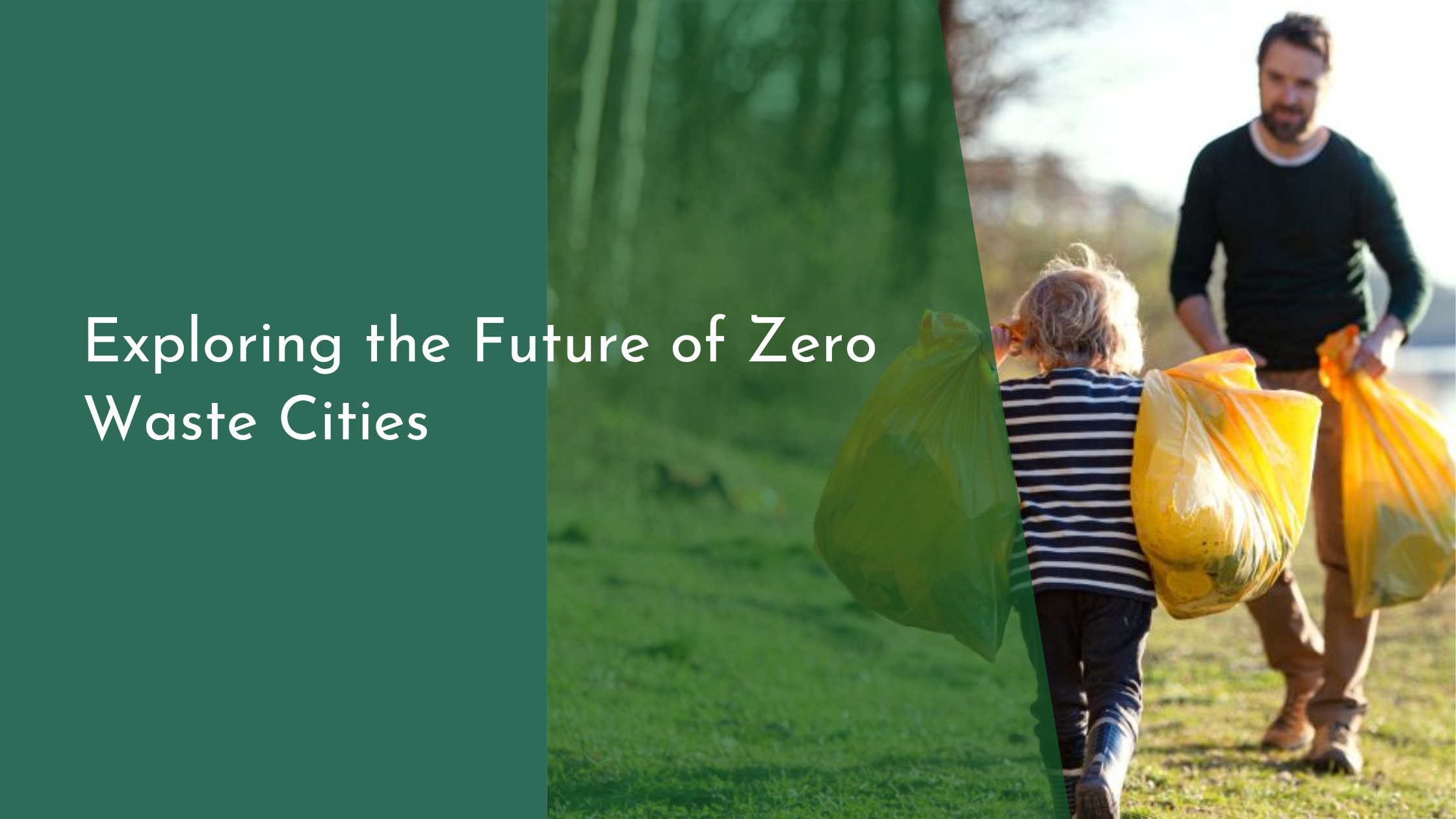Exploring the Future of Zero Waste Cities
The world is waking up to the pressing need for sustainable living, and at the forefront of this evolution is the concept of zero waste cities. As urbanization accelerates, cities are turning towards innovative strategies to manage waste more effectively and reduce environmental impact. The zero waste movement aims to redesign resource life cycles so that all products are reused, with the goal of zero trash being sent to landfills, incinerators, or the ocean. This article delves into the future of zero waste cities by exploring foundational concepts, highlighting innovative practices, examining the role of technology, and emphasizing the importance of collaborative efforts.
Understanding the Zero Waste Movement
The zero waste movement is rooted in the belief that waste is not an inevitable by-product of modern life but a challenge that can be addressed through strategic planning and innovative thinking. Central to this movement is the idea of a circular economy, where products are designed and manufactured with the intention of being reused, repaired, or recycled. This approach contrasts sharply with the traditional linear economy, which follows a “take, make, dispose” model. By promoting sustainability at every stage of a product’s lifecycle, the zero waste movement encourages individuals, businesses, and governments to rethink their consumption patterns and waste management practices.
In cities, the zero waste movement often translates into comprehensive waste reduction strategies that prioritize the four Rs: Refuse, Reduce, Reuse, and Recycle. Urban policymakers are increasingly adopting these principles to combat the mounting waste crisis. For instance, cities around the world are implementing bans on single-use plastics, promoting composting programs, and encouraging local businesses to adopt sustainable practices. By fostering a culture of environmental responsibility, these initiatives aim to minimize waste production and maximize resource recovery, setting the stage for a sustainable urban future.
Innovative Practices in Urban Waste Management
As cities strive to become zero waste, innovative practices in urban waste management are emerging as game-changers. One such practice is the establishment of community-wide composting programs that convert organic waste into nutrient-rich soil. By encouraging residents to separate their food scraps and yard waste from regular trash, cities can significantly reduce the amount of waste sent to landfills while producing valuable compost for local agriculture and gardening projects.
Another innovative approach is the creation of repair cafés and sharing platforms that extend the life of consumer goods. Repair cafés provide spaces where community members can bring their broken items for free repairs, reducing the need for new purchases and decreasing waste. Similarly, sharing platforms allow residents to share tools, appliances, and other resources, promoting a culture of collaboration over ownership. These initiatives not only help reduce waste but also foster community engagement and create economic opportunities for local businesses.
Technology’s Role in Achieving Zero Waste Cities
Technology plays a pivotal role in advancing zero waste initiatives, offering new solutions for waste reduction and resource management. Smart waste management systems, for example, utilize sensors and data analytics to optimize waste collection routes, reduce fuel consumption, and lower operational costs. By providing real-time insights into waste generation patterns, these technologies enable cities to implement targeted interventions and improve waste management efficiency.
Additionally, digital platforms and mobile apps are empowering citizens to contribute to zero waste goals. Apps that track personal waste production, suggest sustainable alternatives, and connect users with local recycling and composting services are gaining popularity. These tools not only educate users about the impact of their choices but also incentivize eco-friendly behaviors through gamification and reward systems. By harnessing the power of technology, cities can engage their residents in meaningful ways and accelerate the transition toward zero waste living.
Collaborative Efforts for a Zero Waste Future
Achieving zero waste cities requires the collective efforts of governments, businesses, and citizens working together towards common goals. Governments can lead the charge by enacting policies that promote sustainable practices, offering incentives for waste reduction, and investing in infrastructure that supports recycling and composting initiatives. Public-private partnerships can further enhance these efforts, bringing together resources and expertise from diverse sectors to create innovative waste management solutions.
Community engagement is equally crucial in driving zero waste efforts. Grassroots movements and local organizations can play a vital role in educating residents, advocating for policy changes, and organizing community events that promote waste reduction. By fostering a sense of shared responsibility, cities can build a culture of sustainability that empowers individuals to take action in their daily lives. Through collaboration and collective action, the vision of zero waste cities can become a reality, paving the way for a cleaner, greener future.
As we journey towards a more sustainable future, zero waste cities stand as beacons of innovation and collaboration. By embracing the principles of the zero waste movement, implementing cutting-edge waste management practices, leveraging technology, and fostering community involvement, cities can reduce their environmental impact and enhance the quality of life for their residents. The path to zero waste is not without challenges, but with determination and cooperation, cities around the world can lead the charge towards a sustainable, circular economy. The future is bright, and the possibilities are endless as we work together to create a world free from waste.


